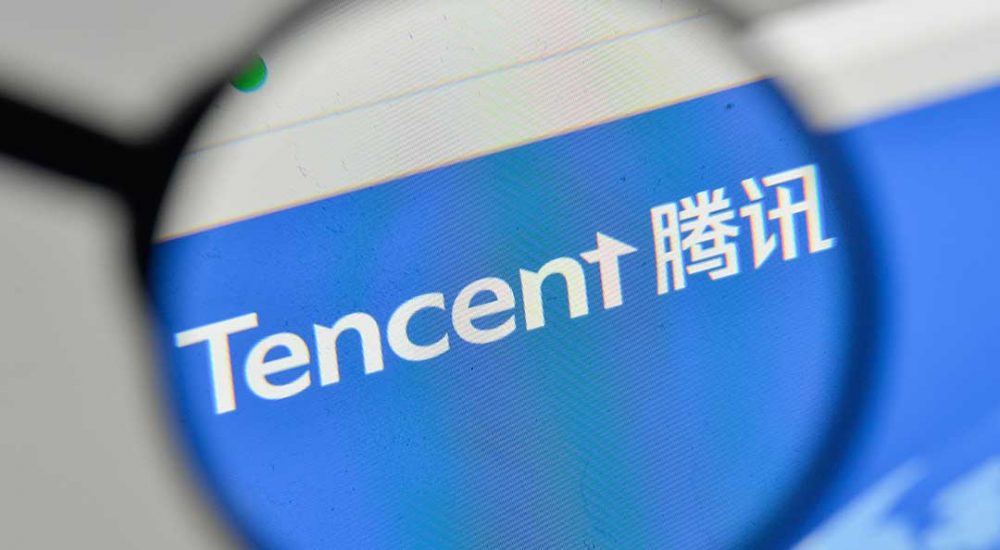Chinese streaming giant Tencent Music will reportedly file for its US-based IPO today (September 7). The company hopes to raise $2 billion at a valuation of up to $31 billion, according to IPO Zaozhidao (IPO早知道), a WeChat account with a good track record.
In July, parent company Tencent announced plans to spin off its music business, saying it will be listed “on a recognized stock exchange in the United States.” The date of the IPO is rumored to be October 18, and is being underwritten by Goldman Sacks and Morgan Stanley.
Tencent Music runs QQ Music, Kugou, and Kuwo. According to figures from December 2017, Tencent Music has 700 million monthly active users (MAU), 17 million songs, and 120 million paying subscribers.
The company’s rumored valuation has increased steadily with time. In 2017, it was expected to be valued at $10 billion, rising to its current expected valuation of over $30 billion. Additionally, Tencent Music was listed on Hurun’s Greater China Unicorn Index for the first time this year.
The company has seen rapidly rising profits over the past three years, driven by paid subscriptions, licensing, and advertising. Its 2016 revenue reached nearly RMB 5 billion, with a net profit of close to RMB 600 million. A year later, its operating income reached RMB 9.4 billion and its net profit exceeded RMB 1.88 billion. These gains are predicted to continue in the future, with an expected revenue of RMB 17 billion in 2018.
Tencent Music’s three streaming apps together control a significant share of the market. The company faces competition from Alibaba, NetEase, and Baidu Music, the latter merging with Taihe Music in 2015 and rebranding to Qianqian Music in 2018.
Despite this competition, some of the major players in the industry formed copyright partnerships as the government tightened its grip on services providing unlicensed music. In 2017, Tencent Music teamed with Ali Music Group on music copyrights. This was followed by a cross-licensing agreement with NetEase Music following copyright disputes. The company has also formed a partnership with international counterpart Spotify.
–This article originally appeared on Technode.







